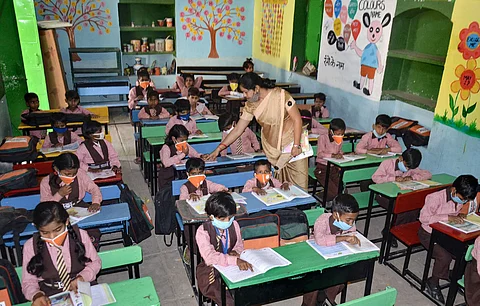

Inclusive education is the practice of educating all students, regardless of their abilities, in the same school and classroom. This approach to education has been gaining momentum in India in recent years, as it is seen as a way to ensure that all students have the opportunity to learn and succeed.
There are still a few challenges to implementing inclusive education in India. One challenge is that many schools are not equipped to accommodate students with disabilities. Another challenge is that teachers may not be trained to teach students with disabilities. However, these challenges can be overcome with the right resources and support.
The Government of India has taken some steps to promote inclusive education. In 2009, the Right To Education (RTE) Act was passed, which guarantees the right to education for all children, including children with disabilities. The government has also provided funding for inclusive education programmes.
There is still a long way to go to make inclusive education a reality in India. However, the progress that has been made so far is encouraging. With continued effort, India can become a leader in inclusive education.
Benefits:
Increased understanding and tolerance of diversity
Improved social skills
Increased empathy and compassion
Increased problem-solving skills
Increased creativity and innovation
Inclusive education is a win-win for all students. It is the right thing to do, and it is also the best way to ensure that all students have the opportunity to learn and succeed.
